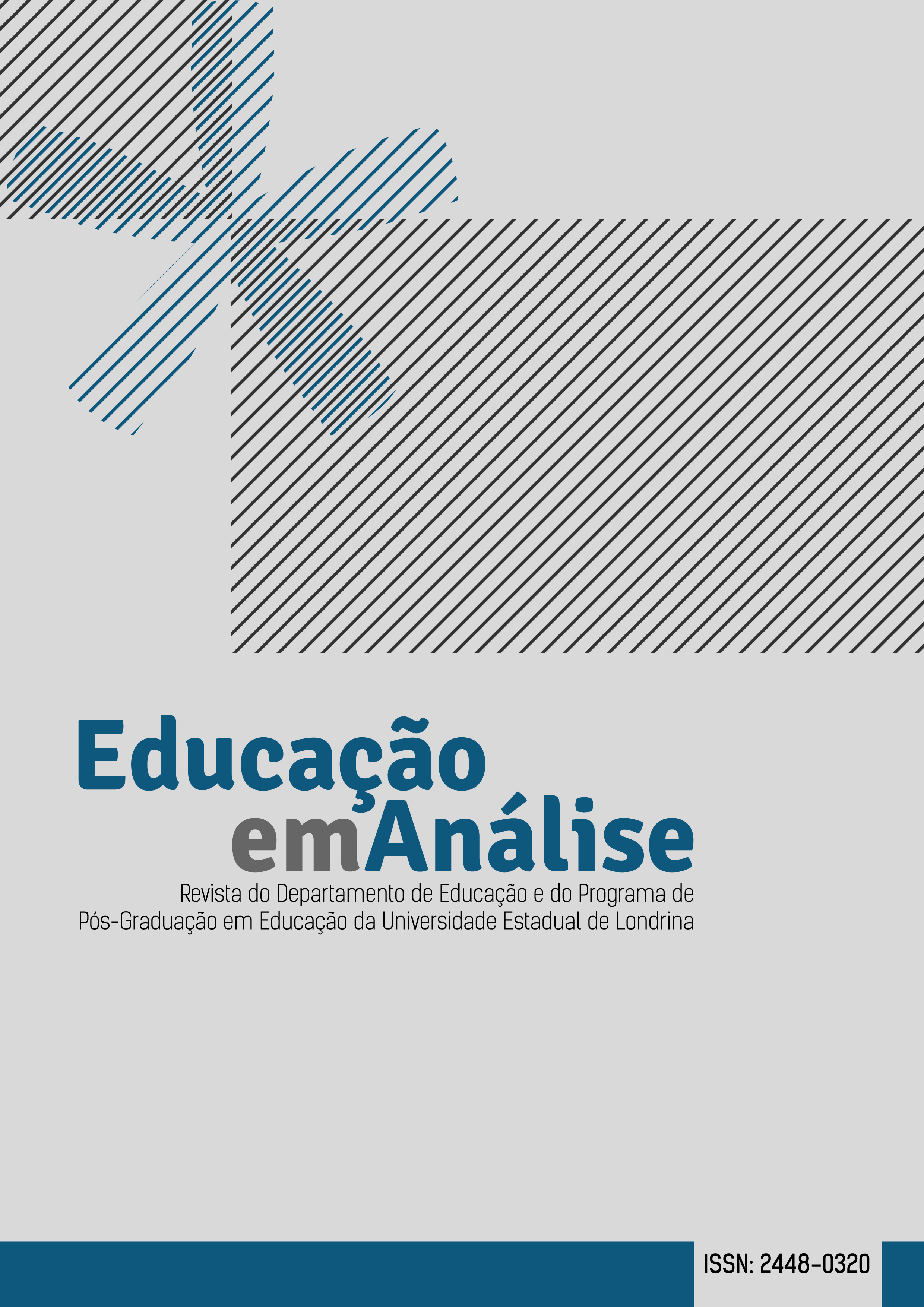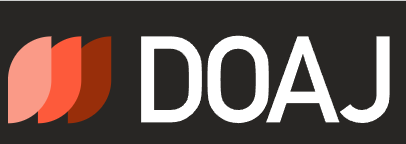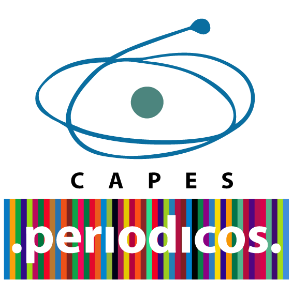The teachers' silenced voice in the formulation of the high school curricular document
DOI:
https://doi.org/10.5433/1984-7939.2022v7n1p147Keywords:
Curricular document, Participation, TeachersAbstract
This article deals with the contribution of teachers in the public consultation process for the elaboration of the Curricular Document of the State of Roraima (DCRR), High School stage. This research aims to find out how the teachers contributed to the public consultation process, identify how they got to know the document and reflect on the self-assessment made by the teachers themselves about their participation in this action. Through bibliographic-documentary and field research, the teachers answered a questionnaire on the Google Forms platform. After this process, this research concludes that the public consultation took place in a superficial and light way, with reading, reflection, discussion and contribution happening at the same time. Therefore, participation did not take place in a concrete way, as the DCRR was not known and discussed in depth. Teachers are aware of the importance of the document as a guide for their pedagogical practices, since they recognize themselves at the forefront of the educational process, but point out that there was a legitimate pseudo-participation in the speed of the process and in the absence of the teacher's voice in the document, since it came to them designed and defined in contours that did not originate in the classroom's daily life.Downloads
References
BICUDO, M. A. V.; ESPÓSITO, V. H. C. (Org.). Pesquisa qualitativa em educação: um enfoque fenomenológico. 2. ed. Piracicaba. Editora Unimep, 1997.
BRASIL. Planejamento das Consultas Públicas. Disponível em: http://basenacionalcomum.mec.gov.br/images/implementacao/6._Planejamento_da_consulta_publica_revMEC_FINAL.pdf. Acesso em: 20/02/2020.
BRASIL. Metodologia para sistematização das consultas públicas e revisão dos currículos estaduais. Disponível em: http://basenacionalcomum.mec.gov.br/images/implementacao/4._Metodologia_-_Sistematiza%C3%A7%C3%A3o_Consultas_P%C3%BAblicas_VALIDADO.pdf Acesso em: 20/02/2020.
BRASIL. [Constituição (1988)]. Constituição da República Federativa do Brasil: promulgada em 5 de outubro de 1988. Disponível em https://www2.senado.leg.br/bdsf/bitstream/handle/id/518231/CF88_Livro_EC91_2016. Acessado em 17/08/2020.
BRASIL. Participação Social - o governo ouvindo você: Consultas Públicas. Disponível em: https://www.gov.br/pt-br/participacao-social/consultas-publicas. Acessado em 16/08/2020.
CARVALHO, Janete Magalhães e LOURENÇO, Suzany Goulart. O silenciamento de professores da Educação Básica pela estratégia de fazê-los falar. Pro-Posições vol.29 no.2 Campinas maio/ago. 2018. Disponível em https://doi.org/10.1590/1980-6248-2017-0007. Acesso em 19/09/2020.
LLAVADOR, Francisco Beltrán. Política poder e controle do currículo. In: GIMENO SACRISTÁN, José. Saberes e incertezas sobre o currículo. Porto Alegre: Penso, 2013. (38)- (53).
MUÑOZ, Francisco Imbernón. A formação dos professores e o desenvolvimento do currículo. In: GIMENO SACRISTÁN, José. Saberes e incertezas sobre o currículo. Porto Alegre: Penso, 2013. (494) - (507).
OLIVEIRA. Elialdo Rodrigues de. A proposta curricular do curso de pedagogia da UERR e a realidade multicultural de Roraima. 2016. Doutorado em Educação: Currículo - Pontifícia Universidade Católica - SP.
ORGANIZAÇÃO DAS NAÇÕES UNIDAS. Declaração Universal dos Direitos Humanos. Disponível em: https://nacoesunidas.org/wp-content/uploads/2018/10/DUDH.pdf. Acessado em 16/08/2020.
RORAIMA. Secretaria Estadual de Educação Cultura e Desporto - SEED. Dia D - Dia Estadual de discussão sobre o Documento Curricular de Roraima da Etapa do Ensino Médio, 2019.
RORAIMA. Secretaria Estadual de Educação Cultura e Desporto - SEED. Documento Curricular - Ensino Médio, DCRR-EM, 2021.
SAVIANI, Dermeval. DUARTE, Newton (orgs). Pedagogia histórico-crítica e luta de classes na educação escolar¬. Campinas-SP. Autores Associados, 2012.
TRIVIÑOS, Augusto Nibaldo Silva. Introdução à pesquisa em ciências sociais - a pesquisa qualitativa em educação. 1ª ed. São Paulo, Atlas, 2019.
Downloads
Published
How to Cite
Issue
Section
License
Copyright (c) 2022 Educação em Análise

This work is licensed under a Creative Commons Attribution 4.0 International License.
Os artigos publicados na Revista Educação em Análise estão sob a Licença Creative Commons Atribuição 4.0 Internacional, garantindo Acesso Aberto. Deste modo, os autores mantêm os direitos autorais de seus trabalhos e, em caso de republicação, solicita-se que indiquem a primeira publicação nesta revista. Essa licença permite que qualquer pessoa leia, baixe, copie e compartilhe o conteúdo, desde que a devida citação seja feita. Além disso, autoriza a redistribuição, adaptação e criação de obras derivadas em qualquer formato ou meio, incluindo uso comercial, desde que a atribuição à revista seja mantida.
A revista se reserva o direito de efetuar, nos originais, alterações de ordem normativa, ortográfica e gramatical, com vistas a manter o padrão culto da língua e a credibilidade do veículo. Respeitará, no entanto, o estilo de escrever dos autores. Alterações, correções ou sugestões de ordem conceitual serão encaminhadas aos autores, quando necessário.
As opiniões emitidas pelos autores dos artigos são de sua exclusiva responsabilidade.
























